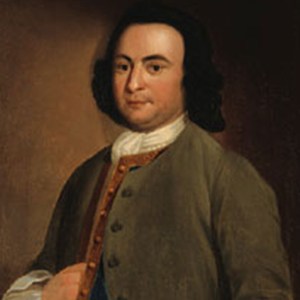Although George Mason refused to sign the U.S. Constitution, he is widely regarded as the father of the Bill of Rights. The Virginia Declaration of Rights, which Mason drafted in 1776, served as the model for James Madison more than one decade later.
Early Career
Mason was elected to the Virginia House of Burgesses in 1759 and became a vocal critic of Britain’s treatment of the colonies, including the Stamp Act of 1765. In 1774, Mason was a key architect of the Fairfax Resolves, which detailed the colonies’ objections to the Boston Port Act. As the British government collapsed on the brink of war, Mason was tasked with drafting Virginia’s Declaration of Rights and state Constitution. In Article 1 of the Declaration of Rights, he wrote:
That all men are born equally free and independent, and have certain inherent natural Rights, of which they cannot by any Compact, deprive or divest their Posterity; among which are the Enjoyment of Life and Liberty, with the Means of acquiring and possessing Property, and pursuing and obtaining Happiness and Safety.
The Declaration of Rights inspired Thomas Jefferson’s Declaration of Independence, and later served as the foundation for the Bill of Rights. Virginia’s Constitution also served as a model for the other states.
Constitutional Convention
Nominated to represent Virginia, George Mason was a prominent member of the Constitutional Convention. He was frequent and influential speaker, prompting fellow delegate to William Pierce to call him “undoubtedly one of the best politicians in America.” Nonetheless, Mason refused to sign the final draft.
Mason outlined his opposition to the Constitution in his written Objections to this Constitution of Government. His largest concerns were the authority granted to Congress and the judiciary, as well as a lack of a bill of rights to secure individual liberties. He predicted the new national government would “produce a monarchy, or a corrupt, tyrannical aristocracy.” Mason was also highly critical of the delegates’ decision not to immediately end the slave trade.
Mason continued his opposition of the Constitution at Virginia’s ratifying convention, and his Objections were widely cited by Antifederalists throughout the states. Once ratification was accomplished, Mason refused to serve in the new government, as it would require pledging an oath to the Constitution. His concerns about individual rights were later vindicated by the passage of the federal Bill of Rights.









